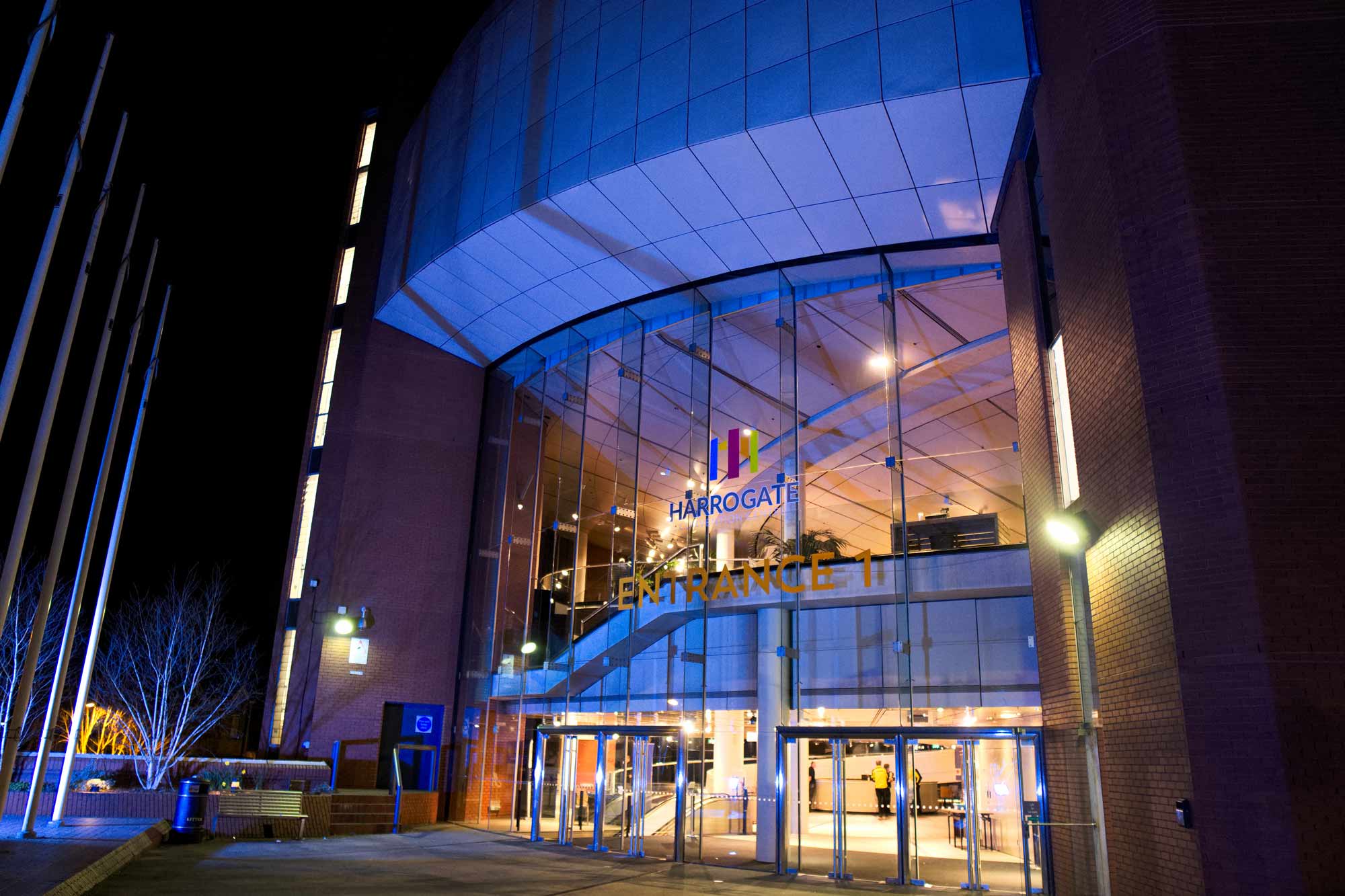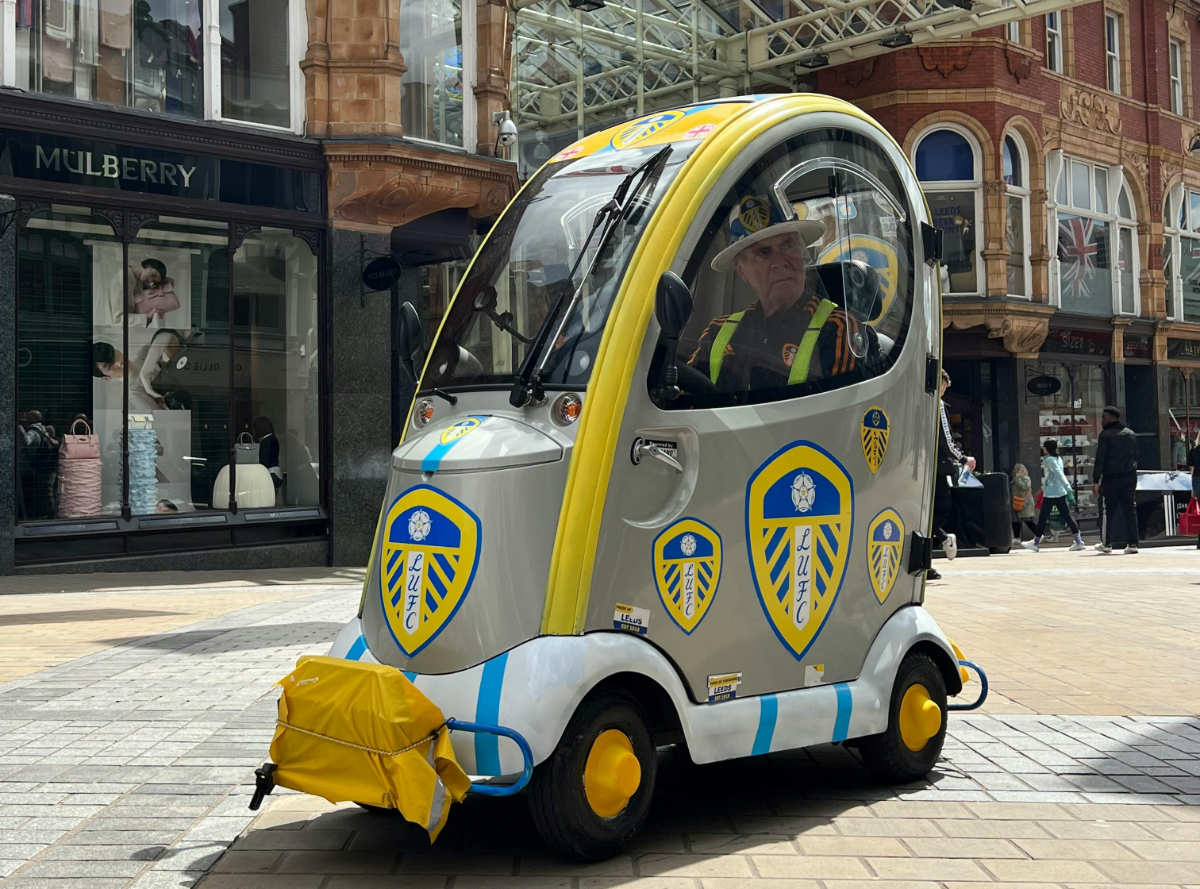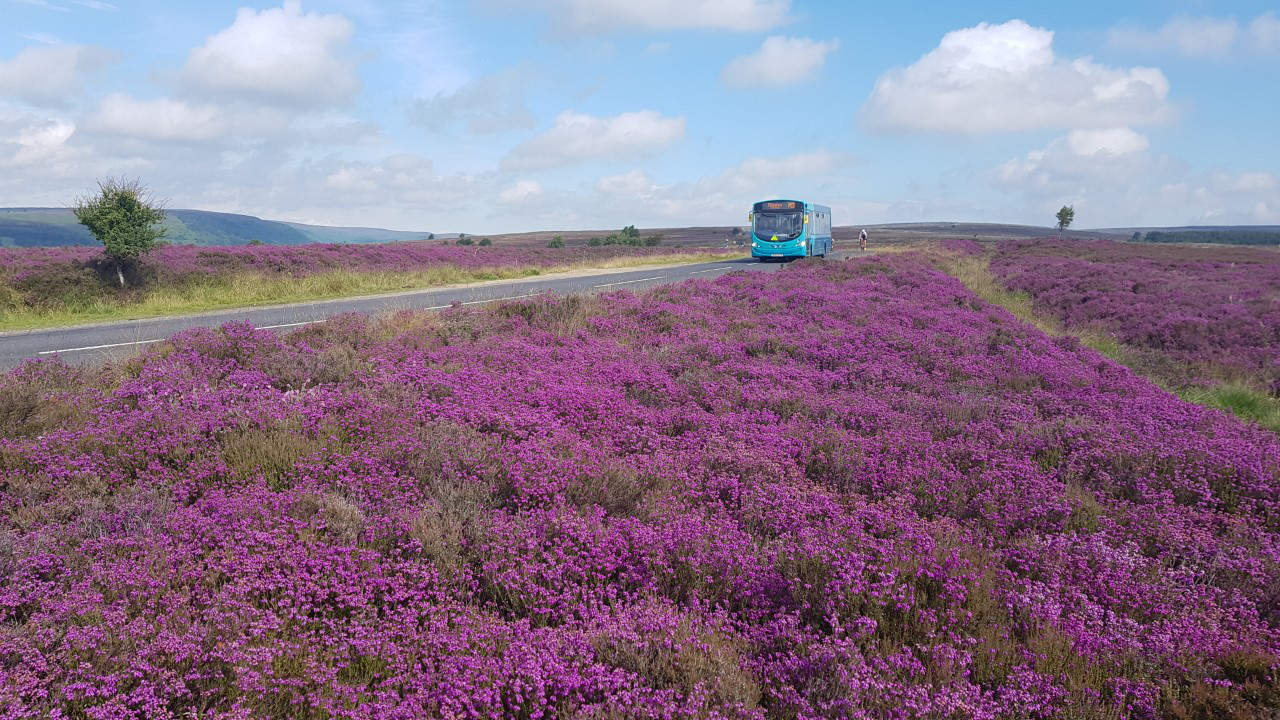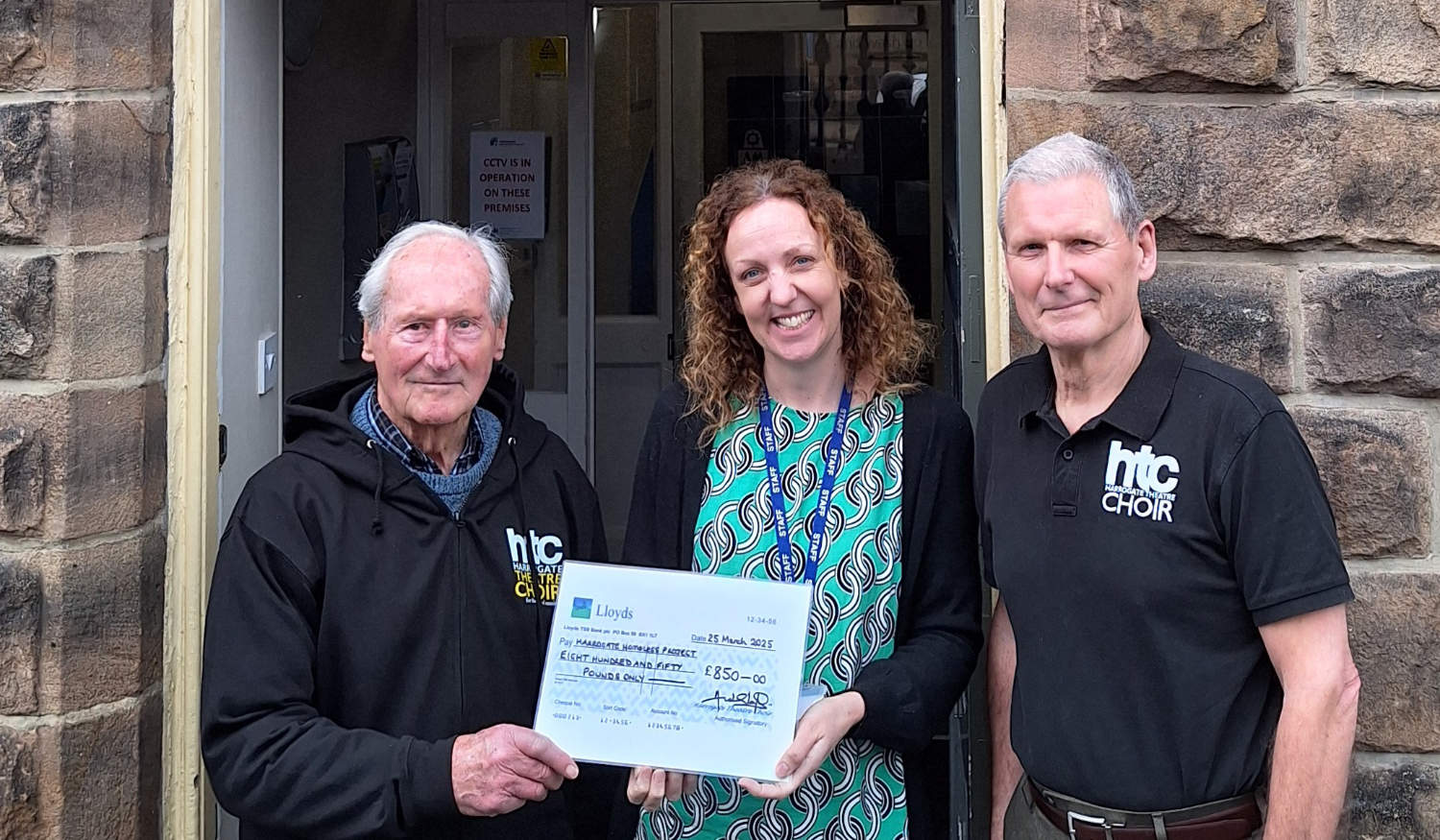New NHS Nightingale hospitals will be built in Bristol and Harrogate to provide hundreds of extra beds if local services need them during the peak of coronavirus in addition to those already in development in London, Manchester and Birmingham, NHS England is today announcing.
NHS chief executive, Sir Simon Stevens, will today confirm that sites in the south west of England and Yorkshire – which will have up to 1,500 beds if needed – have joined Manchester and Birmingham as the latest locations for major new facilities outside of London. Each will serve the wider regions in which they are located.
The announcement comes as the first NHS Nightingale hospital, at London’s Excel centre, will be officially opened today.
The new hospital, established in under a fortnight, will be available as soon as patients across London and the south of England need it.
Further such hospitals will open next in Birmingham and Manchester, offering up to 3,000 beds between them if they are needed as the coronavirus pandemic continues.
Then beyond that the next will be at the University of the West of England, Bristol – able to look after up to 1,000 patients – while the one at the Harrogate Convention centre will be able to care for up to 500.
The Nightingales are part of a nationwide effort to respond to the greatest global health emergency in more than a century.
NHS Hospitals across the country have already freed up more than 33,000 beds, the equivalent of 50 new hospitals, and a ground-breaking deal has been struck with the independent hospital sector to put up to 8,000 extra beds – as well as staff and equipment – at the NHS’ disposal.
These measures mean that capacity still exists in hospitals to deal with coronavirus, with the Nightingales standing ready if local services need them beyond that.
Sir Simon Stevens, NHS chief executive, said:
It’s nothing short of extraordinary that this new hospital in London has been established from scratch in less than a fortnight.
The NHS, working with the military, has done in a matter of days what usually takes years.
Now we are gearing up to repeat that feat at another four sites across the country to add to the surge capacity in current NHS hospitals.
We’re giving the go ahead to these additional sites, hoping they may not be needing but preparing in case they are. But that will partly depend on continuing public support for measures to reduce growth in the infection rate by staying at home to save lives.
Dr Allan McGlellan, medical director of the NHS Nightingale, said:
I’m so proud to be a part of this extraordinary achievement and my team and I are ready to care for people who need us.
The NHS faces the greatest challenge in its history but by setting up this new site we can work with the hardest hit part of the country, to support staff in the capital’s other hospitals and make sure people who need intensive care can get it.
We are ready today to do what’s required of us, but my hope is that we are not needed, because if we all take sensible steps to reduce transmission of this virus then fewer people will need care and the pressure on my hardworking colleagues will reduce.
Health Secretary Matt Hancock said:
The nation is facing an unprecedented global emergency and we are taking exceptional measures to ensure the NHS has whatever it needs to tackle this virus.
The NHS and the military have achieved something extraordinary in setting up NHS Nightingale, London in only a matter of days.
It is testament to their hard work and dedication that an additional four hospitals will be rolled out across the nation.
We must all play our part to assist our heroes on the health and social care frontline and I urge everyone to stay at home, protect the NHS and save lives.
The new hospital in Manchester will be built at the city’s Manchester Central Complex while the National Exhibition Centre in Birmingham will take care of patients as needed in the West Midlands and surrounding area, the region which has been second hardest hit by the virus.
Each of these new services will initially have up to 500 beds, potentially offering as many as 3,000 more between them if cases escalate.







